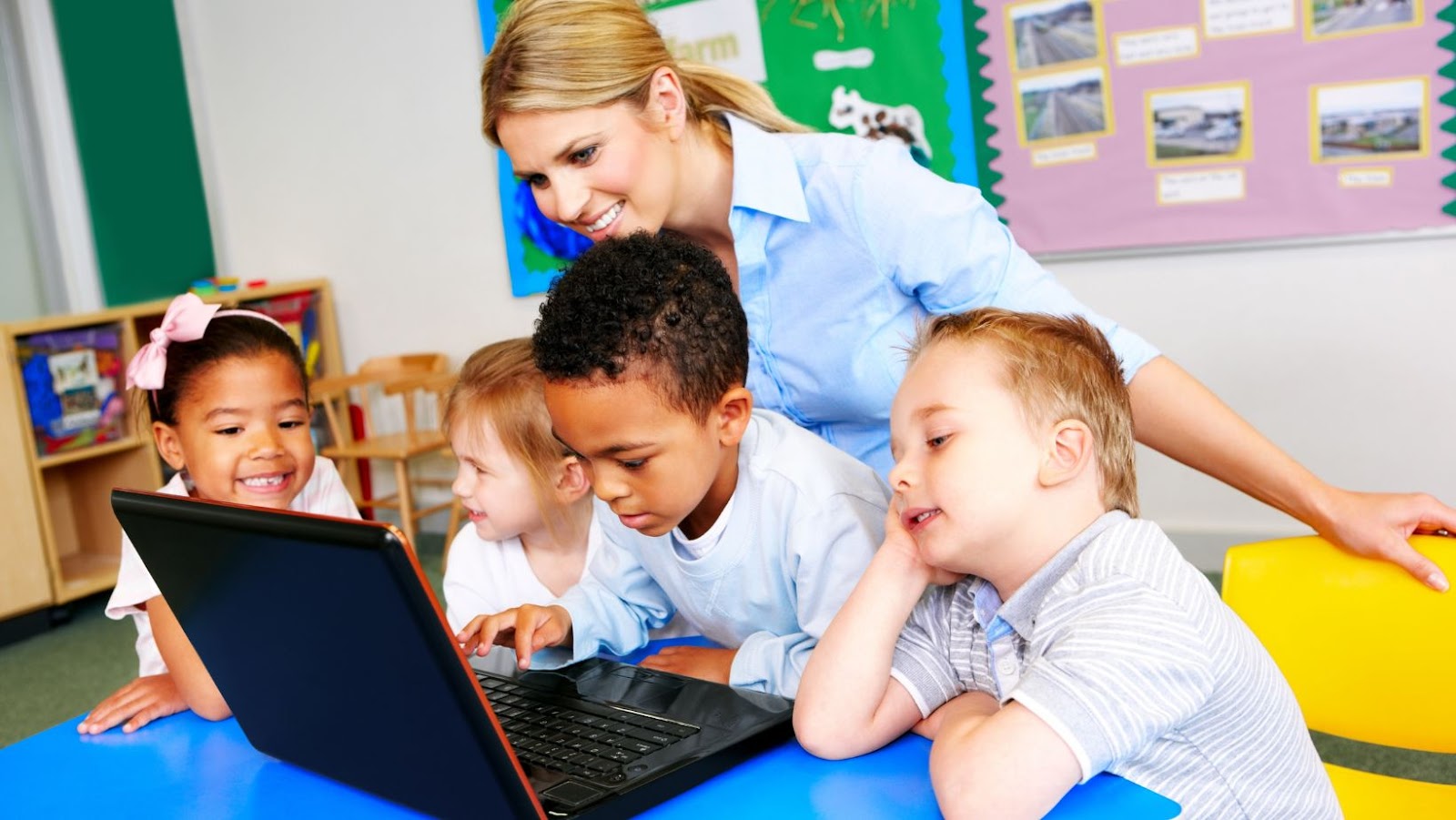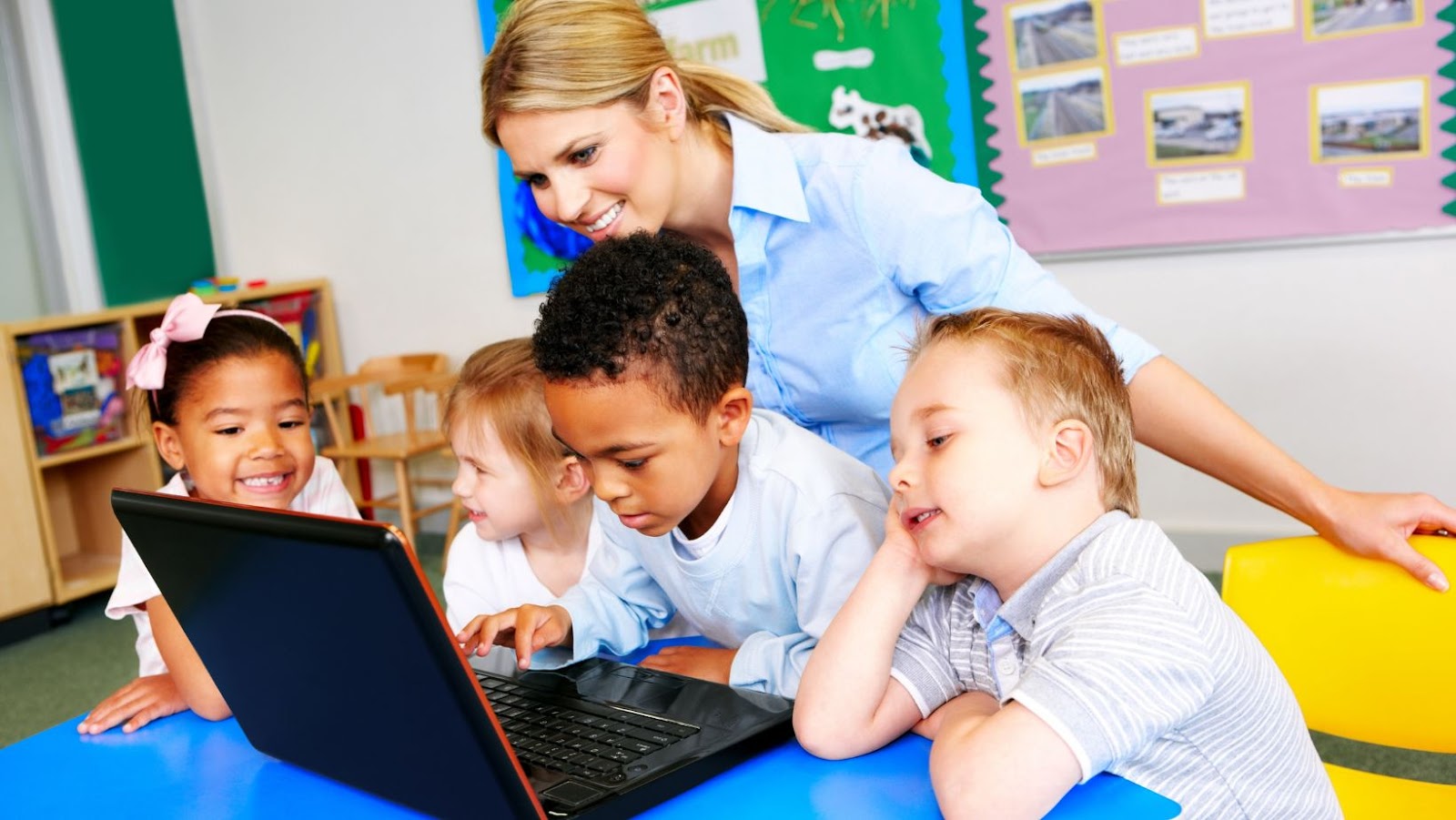The internet, while serving as a significant learning resource for your children, also exposes them to potential cyber-attacks and the development of unhealthy habits. Considering that digital learning is now crucial even in early education, it’s infeasible to isolate children from the virtual sphere. This makes the internet a double-edged sword.
However, overuse of the internet can not only harm their mental health but also expose them to the risk of becoming cybercrime victims.
Hence, it is every parent’s responsibility to educate their children on digital literacy. Adult learners must verify a platform and check reviews before asking someone to make my essay for their assignments.
This article explores six crucial lessons that are imperative to teach your children for safe and efficient internet use from a young age.
Kids should also avoid chatting with strangers or accepting unknown friend requests.
6 Crucial Online Safety Lessons for Primary School Kids
Be Mindful of What You Post
Daily creation of 2.5 quintillion bytes of data may lead us to believe that shared content would be lost in the vast sea of information. However, images or details shared by children on social media platforms remain susceptible to misuse. Online predators with malicious intent can share, download, modify, or upload this content on various websites.
Therefore, it’s vital to instruct your children to be cautious about what they disclose online. They should refrain from sharing sensitive details on social media such as their whereabouts and contact numbers. Additionally, children should steer clear of communicating with unfamiliar people or accepting friend requests from unknown individuals.
Never Share Your Passwords
Should criminals hack an individual’s passwords, they have the potential to steal confidential information which could result in identity theft or financial fraud.
You must teach your kids to keep their passwords secure and safe. They shouldn’t share it with friends or strangers. Teach them to avoid weak passwords like their name or birth year, which can be easily guessed. Help them use a password generator or set it yourself using the following points:
- Use a mix of letters, numbers, and symbols.
- Passwords should exceed ten characters.
- Set unique passwords for different accounts;
- Avoid utilizing words from the lexicon or frequently used expressions.
- Avoid saving passwords on Google Docs or the computer.
Be Mindful of What You Click

Children in primary school often lack the understanding of what they’re clicking on electronic devices. Cybercriminals can exploit this by sending deceptive emails, duping the young ones into clicking harmful links. Additionally, children may inadvertently download games or files infected with malware or viruses, enabling these hackers to access and steal sensitive information or even spy on the children. Furthermore, these cybercriminals can remotely control the web camera and potentially misuse recorded footage for blackmail purposes.
Hence, it is crucial to instruct your child not to click on links from unfamiliar websites or emails from unknown individuals. They must avoid downloading any files unsupervised. Additionally, it’s imperative to use robust antivirus software and keep it updated regularly.
You must teach your kids to keep their passwords secure and safe. They shouldn’t share it with friends or strangers.
Learn to Deal With Cyberbullying

The widespread use of social media has led to an increase in cyberbullying among children.
Instruct your children to avoid responding or retaliating to cyberbullies as it may exacerbate the situation. Engage in regular discussions with your children, particularly concerning online matters. Ensure they understand that they can approach you and openly discuss any instances of bullying or unsettling behavior.
In this manner, you can have a discussion with your children about planning strategies to deal with such issues. It might involve blocking bullies on social media platforms and capturing screenshots of conversations or comments as evidence.
Limiting Internet Usage
Excessive internet usage can profoundly affect children, potentially leading to internet addiction, a decreased attention span, and diminished social skills. It can also result in sleep deprivation, anxiety, and depression among kids. Such impacts harm both their physical and mental health, jeopardizing their future wellbeing.
Hence, parents must limit their kids’ screen time and activities. You should ensure your kids use the internet only after their studies, homework, and sports practices. Educate them on the harmful effects of internet usage and inspire them to build productive habits. You should also monitor what content they consume and restrict certain sites.
Be a Responsible Digital Citizen
Children should be involved in creating a moral online community. They should adhere to the same social norms on social media as they would in their everyday lives. This comprises of showing respect to others, exhibiting kindness and helpfulness, and abstaining from any form of abuse or threats towards other children.
Disseminating hatred or reacting to hateful comments or messages on social media can damage mental health. Thus, children should refrain from making impolite remarks or engaging in pointless arguments under posts. Even though they’re interacting with a screen, it’s important for them to realize they’re dealing with real individuals who have feelings and emotions.
You should ensure your kids use the internet only after their studies, homework, and sports practices. Educate them on the harmful effects of internet usage and inspire them to build productive habits.
Conclusion
Every child needs to be digitally literate. This equips them with an understanding of the technology’s boundaries and how to use the internet safely. These vital lessons should be taught to children to enhance their online experiences. By doing so, children can develop into responsible digital citizens and make a robust presence in today’s world.

